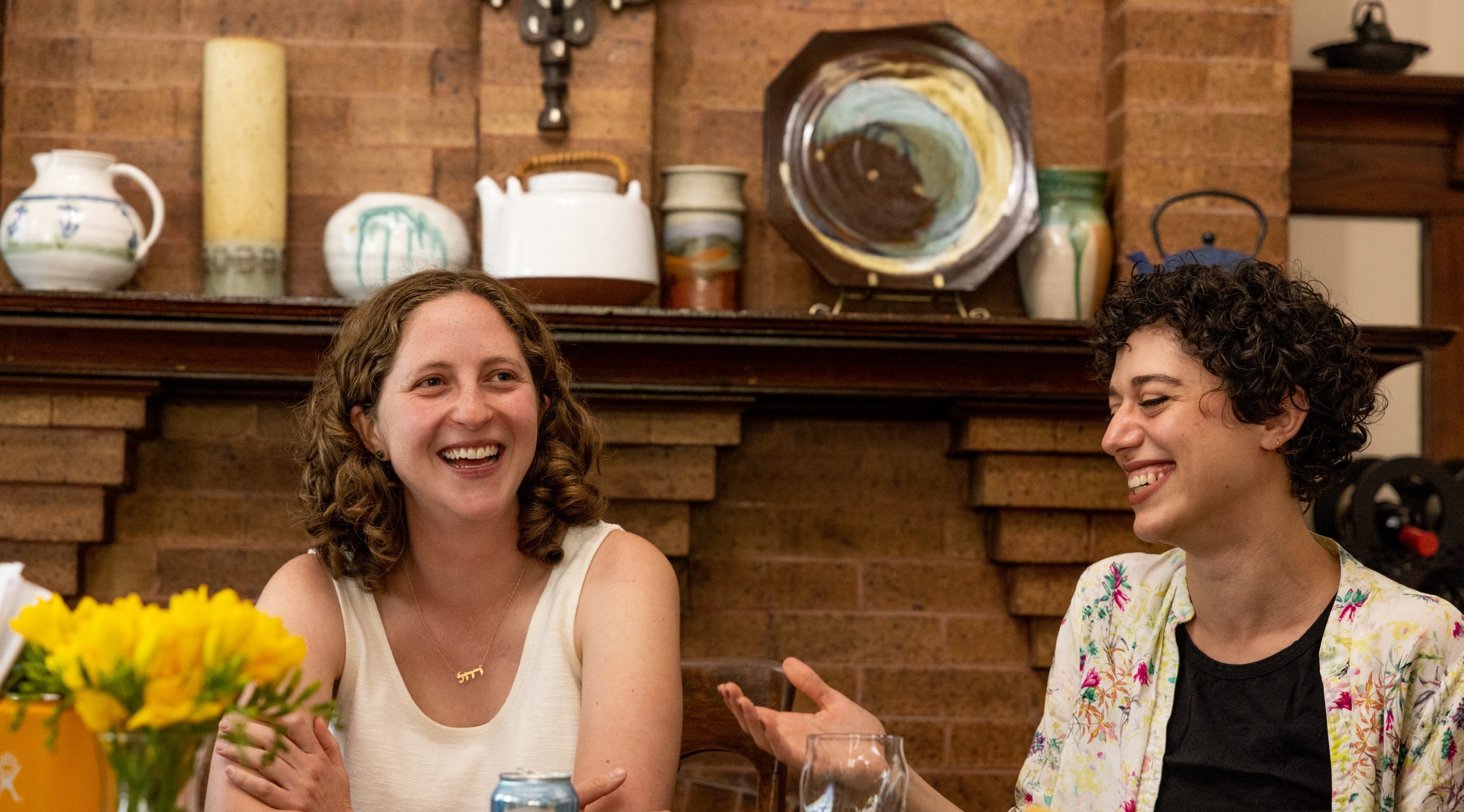It seems to me that this year more people are going public with their discomfort with Avinu Malkeinu, the prayer of supplication that is one of the hallmarks of the High Holy Day liturgy. I suspect that much of the discomfort is due to the difficult metaphors that form the refrain of the prayer, addressing God as our Father and our King. Many of us avoid using male language in reference to God so we try to “fix” the prayer by gender-neutralizing it to “our Parent, our Sovereign” (which feels vague and unsatisfying to me). The real problem is actually deeper: We are stuck with these images of God that either infantilize us or just are so out of our lived experience that they leave us cold. And the explanation that “Avinu” is supposed to be about forgiveness and “Malkeinu” is supposed to be about judgment doesn’t help very much.
But—perhaps appropriately for Yom Kippur—I have a confession. The truth is that I absolutely love Avinu Malkeinu. I always feel disappointed when the holidays fall on Shabbat and we don’t get to recite it. My eyes often fill with tears just opening the machzor, the High Holy Day prayerbook, to that page.
Here is why: A teacher of mine once explained the metaphor like this: “Avinu” (our Father) is about much more than forgiveness. It is shorthand for the perfect parent, the one we all wish we had or could be. Avinu absolutely believes in us, loves us unconditionally, knows what we need and can always provide loving guidance. Avinu is endlessly patient, encouraging, and overflowing with compassion for our attempts to live the best we can in an often confusing and difficult world.
“Malkeinu” (our King), on the other hand, can be less about judgment and more about total surrender of control to a power against which there is no recourse. In the old days, the king could demand pretty much anything: your crops for his store houses, your sons for his army, your own body for his service. If you didn’t like it, that was too bad. There was no appeal. While most kings don’t have that power any more, the truth is there are plenty of important things we still cannot control. Malkeinu is everything that profoundly affects our lives over which we have no power, all the circumstances that we must comply with, whether or not we like it.
And then this extraordinary combination of boundless compassion and absolute power becomes the recipient of our deepest yearnings: Please, let this be a good year. Let our needs be taken care of. Let there be less suffering. Let these things happen in realms over which we have no control. And let them happen even if (even though) we have done so little to deserve them.
Sometimes it takes that evocation of a listener to remember and then utter our most vulnerable longings. And sometimes the fervent expression of those longings is its own answer.
May we all be sealed for blessings of compassion and abundance, joy and connection, in this New Year.


Thank you for these beautiful thoughts Lisa! Just what I needed to read before Kol Nidre!! xo